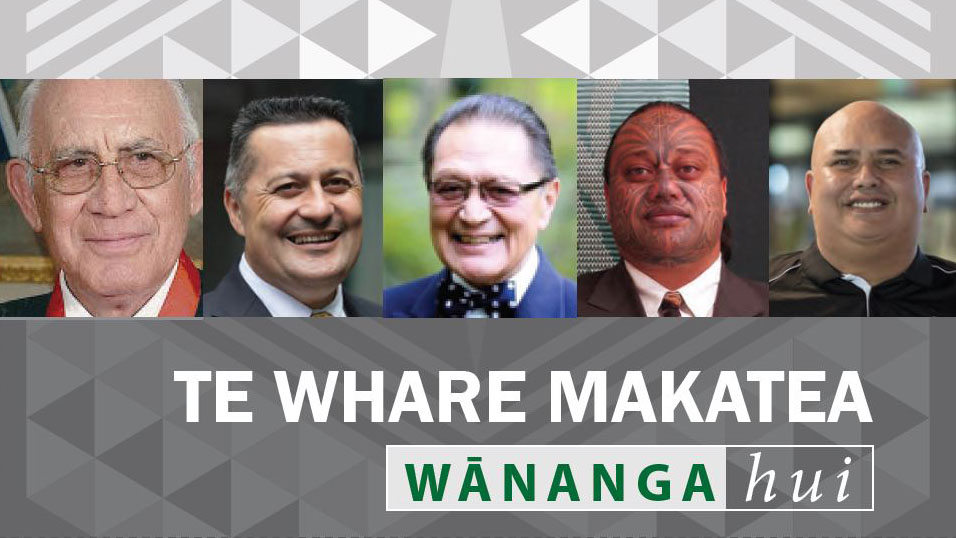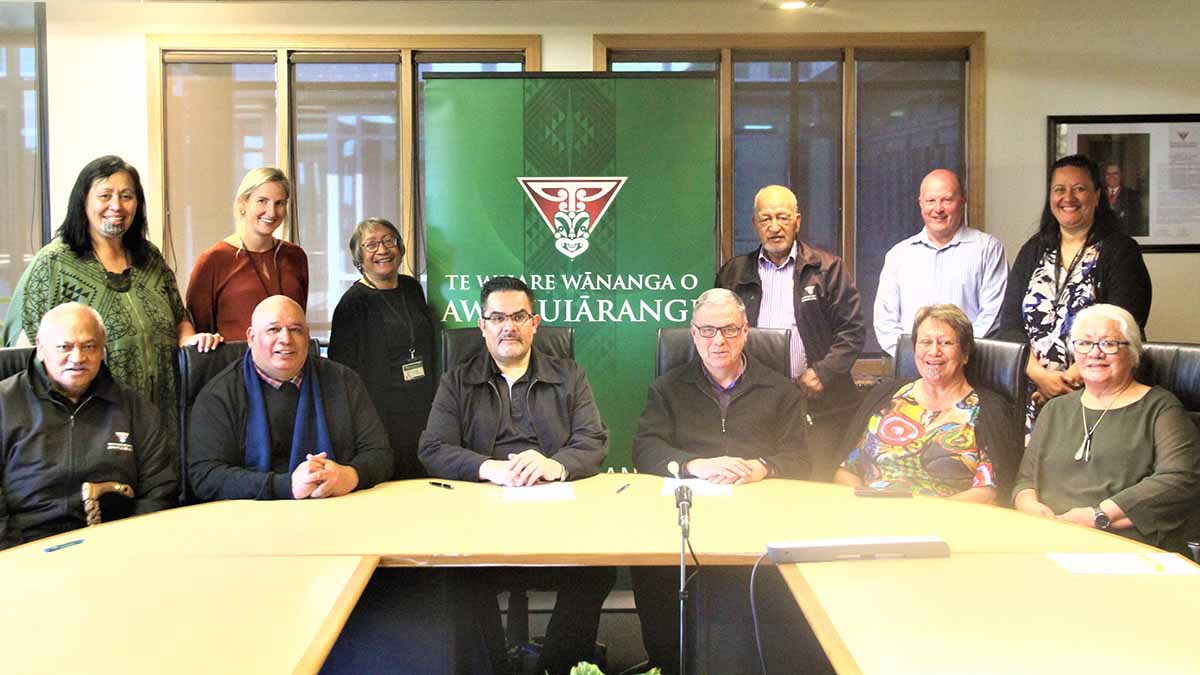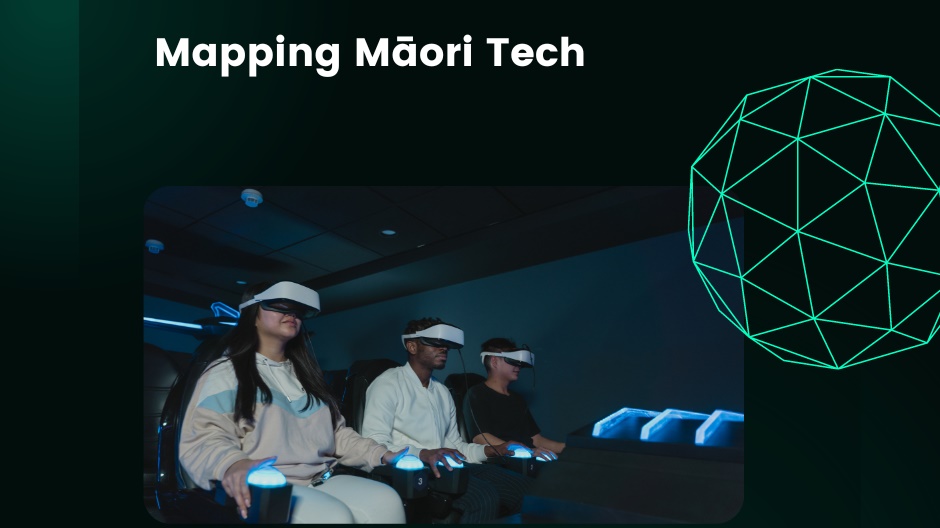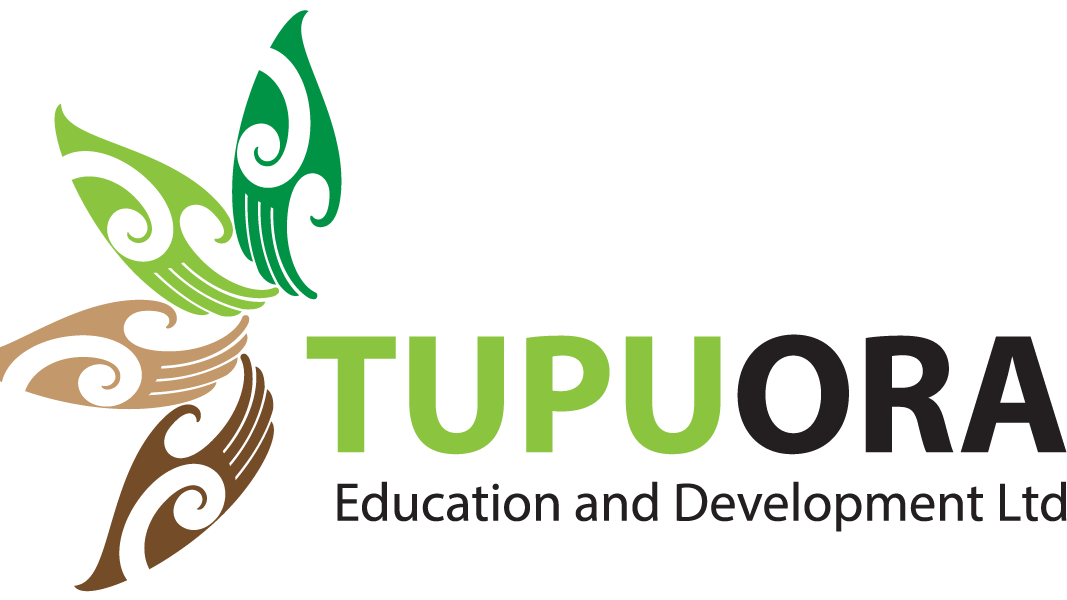Thirtieth graduation marks largest cohort of Indigenous doctoral candidates
Thirtieth graduation marks largest cohort of Indigenous doctoral candidates
On Friday 30 September, Te Whare Wānanga o Awanuiārangi will celebrate the milestone of its thirtieth graduation ceremony and acknowledge the achievements of its tauira (students) – including what is possibly the world’s largest cohort of Indigenous doctoral graduands.
Te Whare Wānanga o Awanuiārangi is an indigenous tertiary education provider that offers programmes from entry-level foundational courses through to post-doctoral studies.
Chief Executive of Te Whare Wānanga o Awanuiārangi Professor Wiremu Doherty says graduation is an important moment for students to come together with whānau and the community to recognise their hard work and look to the future.
“This event is an opportunity to recognise the incredible journey our tauira have been on and what they have achieved with support from their whānau. We look forward to acknowledging this through pōwhiri (welcome ceremony), hīkoi (march) and the official graduation ceremony,” Professor Doherty says.
Council chairperson, the Hon. Justice Layne Harvey, highlights this year’s graduation will be the thirtieth for Awanuiārangi as the wānanga celebrates its third decade of operation.
“Our wānanga began humbly with two classrooms in 1992 when it was opened by our former council member the late Tā Wira Gardiner who was then Chief Executive of Te Puni Kōkiri. Over the 30 years since then, many hands have laboured to create an authentic experience of Indigenous learning within a framework of mātauranga Māori that remains relevant to our underlying goals of re-empowering our communities through education. This year is a milestone for us for so many reasons and we acknowledge everyone who has been part of our journey,” says Justice Harvey.
More than 1,600 graduands will be conferred at the graduation ceremony, with over 200 attending in person including a possible world-first of 13 graduands who will receive their Professional Doctorate or Doctor of Philosophy degrees in Mātauranga Māori and/or Indigenous Studies. The cohort includes students from Aotearoa as well as two international students from First Nations of Washington State and three from the island of Maui in Hawaii. These students are flying to Aotearoa to receive their doctorates in person at the graduation ceremony.
Professor Doherty says this is an historic moment that will hopefully inspire more Indigenous students to pursue post graduate studies to help make a difference to their communities.
“Our graduands aren’t simply undertaking their Doctorate for the ‘Dr’ title. They are passionate about their research and want to make meaningful, transformational changes within communities, whānau and hapū (sub-tribes),” says Professor Doherty.
The graduands’ research spans wāhine Māori leadership pathways, environmental management for iwi, Māori genetic and genomic research, and barriers to retaining Māori nurses in the workforce.
Iwi Taketake, a symposium for the doctoral graduands, is being hosted on Thursday 29 September.
Head of School of Indigenous Graduate Studies, Professor Mera Penehira, says the event will allow
graduands to share their research findings in an engaging, accessible way.
Professor Penehira also hopes that sharing research through a symposium format will spark an
interest from other bright and curious minds to pursue master’s and doctoral studies.
“We want to show that this is something you can absolutely achieve, and you can do it for the
benefit of your whānau. The Wānanga is supportive of all learners, and welcome whānau into the
learning space to ensure everyone has equal access to our programmes of study. It helps when
whānau can see what it is that’s taking their family member away from them for so many hours a
week.
“As the only wānanga offering doctoral studies, Awanuiārangi is seeing growing numbers in students
because it is equipped with the capability and capacity to support students in their indigeneity,"
adds Professor Penehira.



